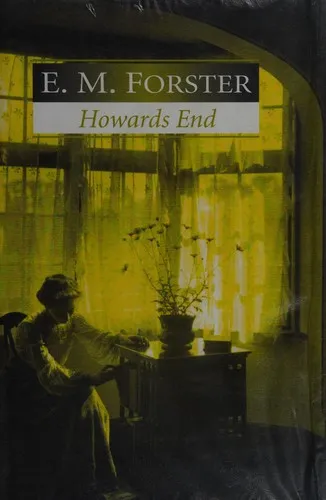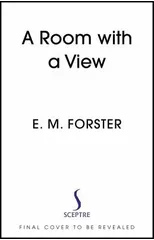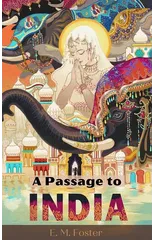In Howards End Forster voiced many of his apprehensions about the future, and the novel has become more relevant than ever as a statement of humane, civilised values, while its subtle characterisation, its blend of irony and lyricism, its humour and its wealth of unobtrusive symbols, make it one of the great English novels. The story of two sisters - Margaret and Helen Schlegel - and their different paths in life was hailed by the critics as Forster's greatest work when it was first published in 1910. 'The word Forsterian is already demanded' wrote the Saturday Review, and the Daily Telegraph said '... all will feel with us that it is a book quite out of the common by a writer who is one of our assets, and likely to become one of our glories.'
E M Forster
E. M. Forster (1879-1970) was an English novelist known for his exploration of class differences and human relationships. His most notable works include "A Room with a View," "Howards End," and "A Passage to India." Forster's writing style is characterized by its clarity, wit, and insight into the complexities of human emotions. He is credited with portraying the inner lives of his characters with sensitivity and depth. Forster's contributions to literature include his exploration of themes such as imperialism, social injustice, and the struggle for personal freedom. His most famous work, "A Passage to India," is considered a masterpiece of modernist literature and continues to be studied and celebrated for its poignant portrayal of the clash between British colonizers and Indian natives. Forster's work has had a lasting impact on the literary genre of the novel, influencing generations of writers with his thoughtful exploration of the human experience.





